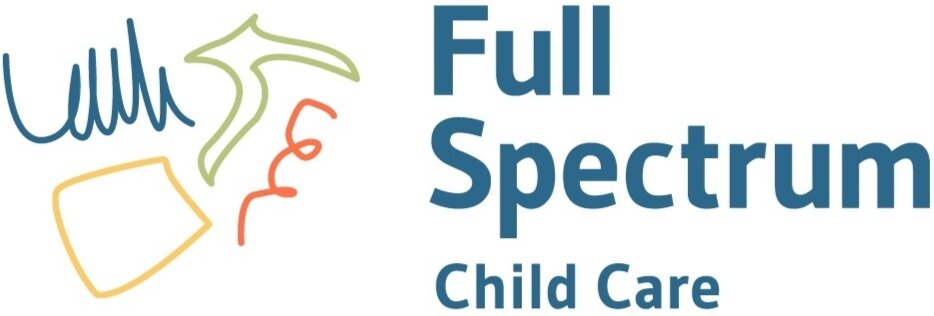Recently, this past summer, I reunited with a cousin of mine from my father’s side. He is the son of my father’s brother, my uncle, and he is currently serving time in prison. I won’t go into the familial nor personal details, but I will say, I was overjoyed and excited to hear from him. I could only imagine how his experience has been within the prison system as a Black man, and at the very least, I felt compelled to talk or write to him; not out of familial obligation, but genuine want and concern for his wellbeing. To my surprise, having no idea of my existence or that he had another cousin, he wrote me back with excitement. Overjoyed to learn more about me and catch up overall, he called me and I, after only minutes of making up for lost time, in asking what I was doing, we had already found a commonality with each other.
The commonality was American Sign Language. I explained to him how I was taking classes remotely from home and taking an awesome ASL class! Throughout this eight week course, I would find myself talking to anyone about my class and ASL who would listen, so of course, I took this opportunity to introduce my cousin to the world of deaf culture and all fascinating aspects that make up ASL. Nevertheless, to my surprise, he was learning ASL as well! He told me that a lot of non-deaf incarcerated people use ASL as a tool to communicate with one another across cell boundaries when socializing time is over. While some of the signs and teaching are outdated, he explained that ASL has been something he has enjoyed learning and has served as a great way to communicate with his peers.
Although I knew of the influence of sign language across the world and within various communities, I never considered it as a form of communication in prison for speaking people until my cousin brought it up. Doing some further research I found out Deuel Institute actually offered a Sign Language program a few years back- I wasn’t able to find a current link to the program, but here is a video of the program in session: DVI Sign Language) and according to a Fenestella article published in 2016, the “Louisiana Department of Corrections has started a revolutionary program allowing inmates to earn a certificate as an American Sign Language interpreter for the deaf.”
Truth Out reports on the program which has been called “one of a kind” in the U.S. prison system. The program teaches inmates ASL, which then allows them to possibly earn jobs after incarceration or become “offender interpreters,” or “interpreters for other inmates” (Finkel, The Prison Program Teaching Inmates to Be Sign Language Interpreters for Deaf Prisoners).
Language is so powerful and proves to open doors for many possibilities and pave the way for hopeful opportunities. While sign language may not always be properly recognized as a language within mainstream media, it is ultimately universal and proves to be serving communities and populations in its own way. I look forward to signing with my cousin when he returns home and seeing the new possibilities for accessibility form through language.
